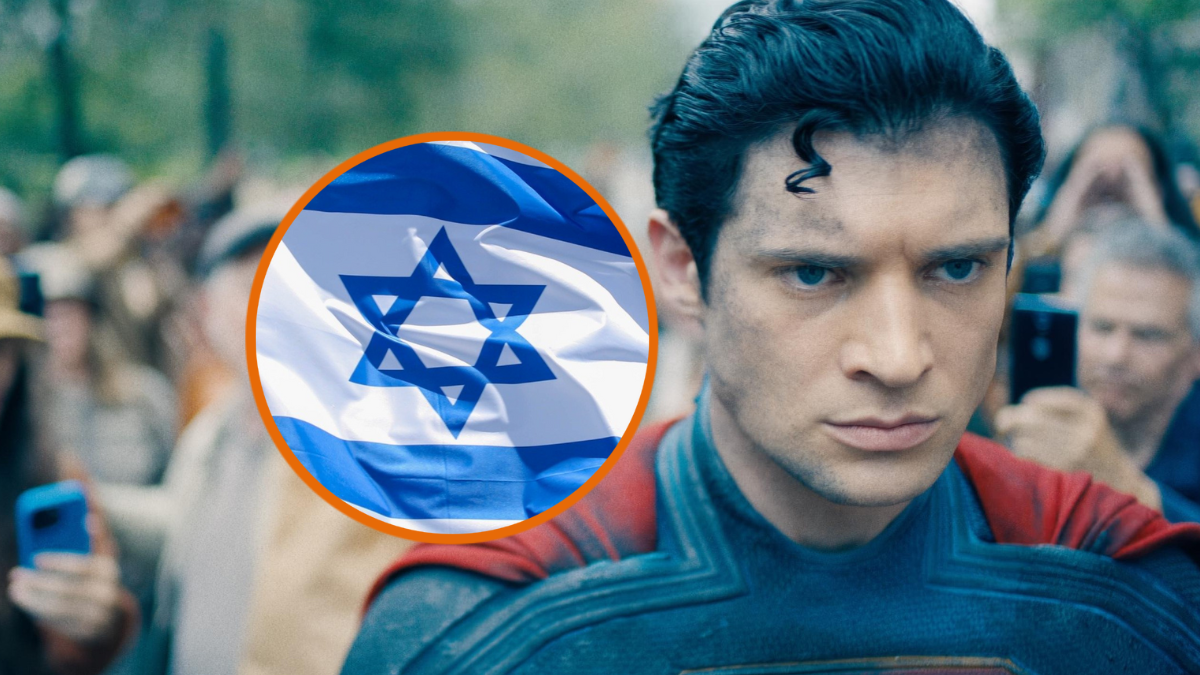In fiction, World War II tends to be the more popular choice when it comes to 20th century conflicts. Spanning six years and five continents, the Second World War was one of historic invasions (the Normandy landings), fearsome weaponry (the Fat Man and Little Boy atomic bombs that reduced parts of Japan to dust), and power-mongering dictators bordering on the caricature (see: Adolf Hitler).
WWII is therefore considered to be inherently more cinematic than, say, The Great War of the early 1900s, which was notorious for its complex politics, trench warfare, and rudimentary arsenal.
And though she was initially wary of the pitch, Wonder Woman director Patty Jenkins recently recalled the “genius” behind the film’s period setting while speaking with Entertainment Weekly. Those familiar with the source material will know that Diana Prince initially burst onto the scene circa World War II, but here, Jenkins outlines her reasoning behind Wonder Woman‘s time period.
At first, I questioned it because it wasn’t her actual origin story, but very quickly I saw the genius behind it. World War I is the first time that civilization as we know it was finding its roots, but it’s not something that we really know the history of. Even the way that it was unclear who was in the right of WWI is a really interesting parallel to this time. Then you take a god with a moral compass and a moral belief system, and you drop them into this world, there are questions about women’s rights, about a mechanized war where you don’t see who you are killing. It’s such a cool time.
Drawing parallels between The Great War and the modern day – at least in the sense that there’s no clear delineation between right and wrong – screenwriter Allan Heinberg reflected on the early creative process involving Patty Jenkins and producer Zack Snyder (Justice League), and how the pair became drawn to humanity’s first global conflict of the 20th century.
We are in a very WWI world today with nationalism and how it would take very little to start a global conflict. It’s the first time we had an automated war. The machine gun was a new invention. Gas was used for the first time. New horrors were unleashed every day.
Buoyed by stellar reviews, Wonder Woman is due to open on June 2nd. It’s currently tracking for a worldwide opening in the region of $175 million, with domestic markets accounting for $65 million of that total figure. Word of mouth may nudge that number higher still, so stay tuned for more over the coming days.









































































Published: May 31, 2017 08:51 am